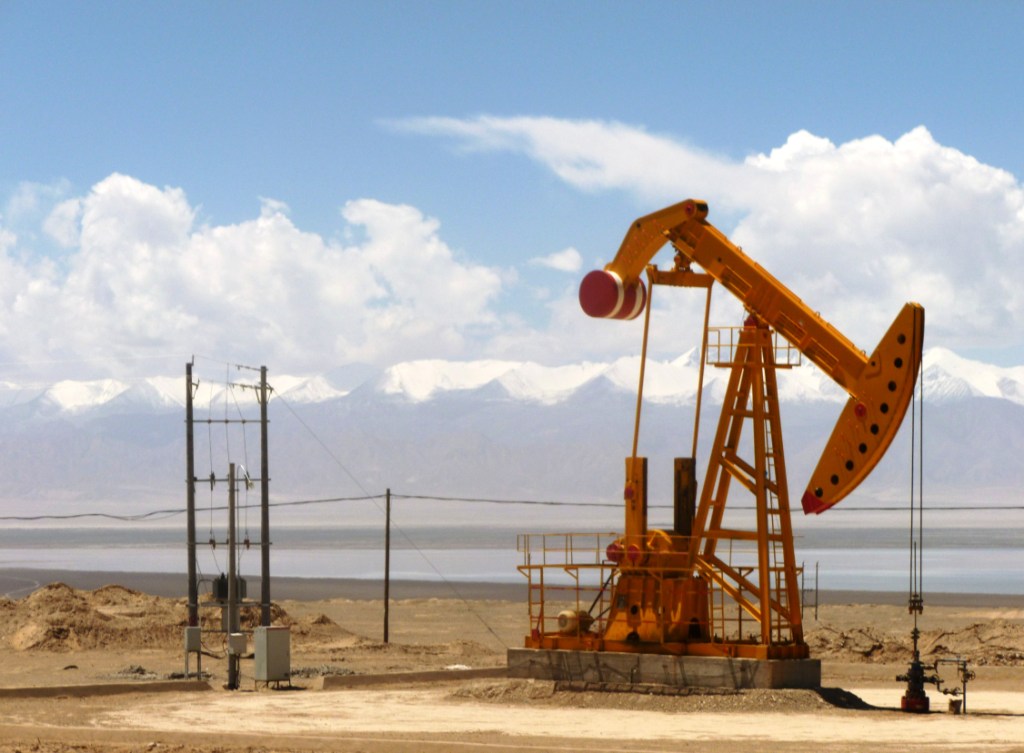As far back as the 1970s, Exxon conducted research that confirmed the occurrence of climate change—and that burning fossil fuels is a major contributor to it.
But the company—now ExxonMobil—largely kept that research under wraps, while funding campaigns that denied the science of climate change for decades.
This deception came to light last year, triggering multiple state-level investigations into the oil giant.
READ MORE: Why Exxon Is Attacking The Media Over Climate Change Research (Nov 2015)
In early May, 15 states signed a pact that forms the basis of a joint investigation into whether ExxonMobil deliberately misled the public by contradicting research from its own scientists.
That agreement includes a provision that seeks to keep prosecutors' deliberations secret, but is also broadly written so that investigations may be expanded to other fossil-fuel companies, reports Reuters, which examined a copy of the document.
The "Climate Change Coalition Common Interest Agreement" was signed by state attorneys general in May, two months after representatives of the states involved held a press conference announcing plans to pursue legal action against ExxonMobil.

Offshore Oil Rig
Few details of the nature of that agreement were released at the time.
One item not previously known to the public is a requirement that signatories keep discussions private, and "refuse to disclose any shared information unless required by law."
ALSO SEE: Multiple Trends Turning Slowly Against Oil, Says Rocky Mountain Institute
Critics of the confidentiality agreement argue that it is an indication of interference by special interests.
But the New York state attorney general's office told Reuters that similar agreements are not uncommon.
Entering into such agreements is "common practice during a multi-state investigation," the office said.

Oil well (photo by John Hill)
The pact that governs the ExxonMobil investigation also leaves room for state officials to pursue other companies that may interfere with efforts to combat climate change.
CHECK OUT: Exxon backs carbon-capture technology to feed fuel cells
It says states may take legal action to "defend federal greenhouse gas emissions limits" and open investigations of "possible illegal conduct" to delay the implementation of renewable-energy technology.
Other language refers to "investigations of representations made by companies" to the public "regarding fossil fuels, renewable energy, and climate change."

Wind farm, by Flickr user Patrick Finnegan (Used under CC License)
Only a couple of inquires have been started so far, according to Reuters, and in June the U.S. Virgin Islands withdrew its subpoena after protests from ExxonMobil.
A U.S. House of Representatives committee last month issued subpoenas to the attorneys general of New York and Massachusetts regarding their ExxonMobil investigations.
Both attorneys general said they would not not comply, with one calling it "unconstitutional and unwarranted" interference.
[hat tip: Brian Henderson]
Green Car Reports respectfully reminds its readers that the scientific validity of climate change is not a topic for debate in our comments. We ask that any comments by climate-change denialists be flagged for moderation. Thank you in advance for helping us keep our comments civil, respectful, and fact-based.
_______________________________________________












